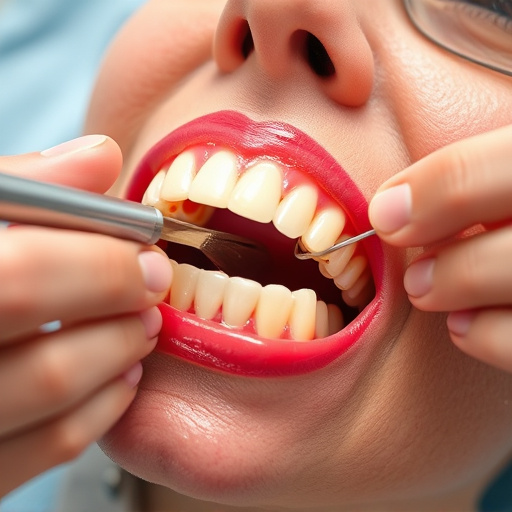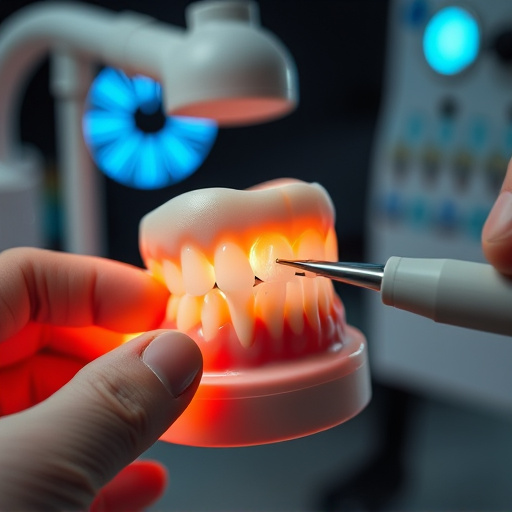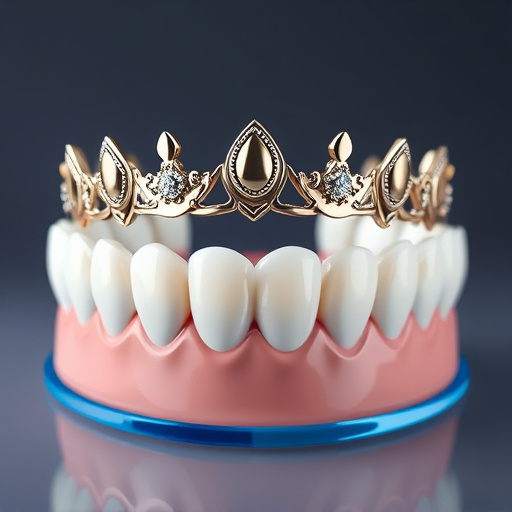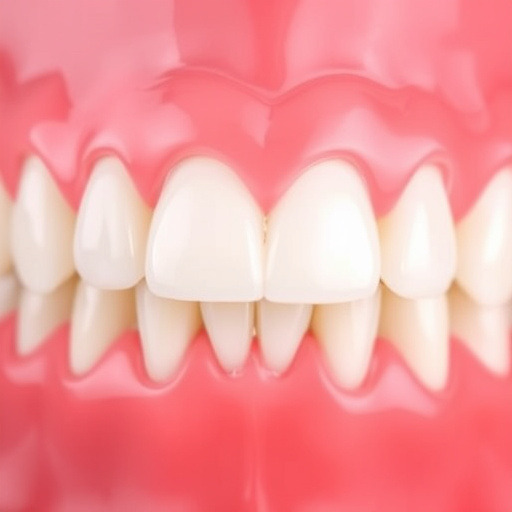A comprehensive preventive dentistry program reduces cavity formation and dental issues through regular check-ups, cleanings, oral hygiene education, dietary guidance, and procedures like wisdom tooth removal. By focusing on prevention, these programs save time and money, boost well-being, and ensure healthy smiles for years to come, especially in children's dentistry. Key strategies include proper oral hygiene, fluoride toothpaste use, reducing sugary foods, and modern restoration solutions like dental crowns.
Cavities can wreak havoc on oral health, leading to pain, infection, and even tooth loss. But with a robust preventive dentistry program, these dental dilemmas can be significantly reduced. This article delves into the world of cavity prevention, exploring the impact of cavities, the crucial role of a well-designed preventive dentistry program, and implementing effective strategies that promote oral health. By understanding these key elements, you’ll empower yourself to maintain a vibrant smile for years to come.
- Understanding Cavities and Their Impact
- The Role of a Preventive Dentistry Program
- Implementing Effective Strategies for Cavity Prevention
Understanding Cavities and Their Impact

Cavities, or dental caries, are common oral health issues that can have significant impacts on overall well-being. They form when bacteria in the mouth break down food particles and produce acids that erode tooth enamel. If left untreated, cavities can lead to pain, infection, and even tooth loss. Beyond their immediate discomfort, severe dental decay can cause complications affecting general health, especially when it progresses to the inner layers of teeth and surrounding bone structures.
A preventive dentistry program plays a pivotal role in combating this problem by focusing on proactive measures. Regular check-ups, professional cleanings, and educational sessions about oral hygiene practices empower individuals to take charge of their dental health. By targeting high-risk areas, such as between teeth and around the gum line, these programs significantly reduce the likelihood of cavities forming. Moreover, they often include guidance on diet, fluoride treatments, and even procedures like wisdom tooth removal to minimize future decay risks, particularly in children’s dentistry.
The Role of a Preventive Dentistry Program
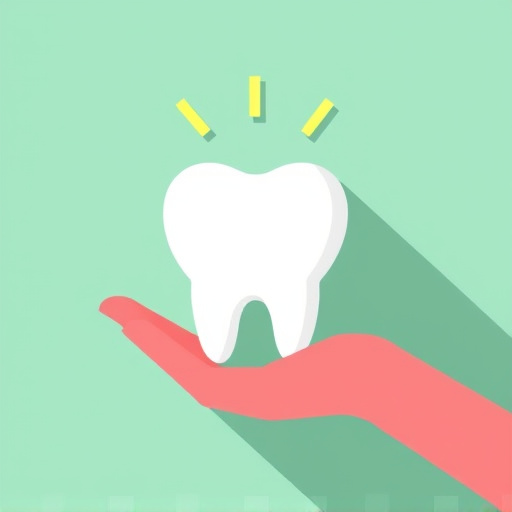
A Preventive Dentistry Program plays a pivotal role in maintaining optimal oral health for individuals and communities alike. By focusing on prevention rather than just treatment, these programs aim to reduce the incidence of tooth decay, gum disease, and other dental issues. Through regular check-ups, cleanings, and educational initiatives, they empower patients with knowledge about proper oral hygiene practices, diet, and lifestyle choices that contribute to a healthy smile.
This proactive approach not only saves time and money in the long run by reducing the need for extensive dental procedures like cosmetic dentistry or dental implants but also fosters a sense of well-being and confidence. By catching potential problems early, preventive dentistry can prevent minor issues from escalating into major health concerns, ensuring that patients enjoy the benefits of a bright, healthy smile for years to come.
Implementing Effective Strategies for Cavity Prevention

Implementing effective strategies for cavity prevention is a cornerstone of any comprehensive preventive dentistry program. Regular brushing and flossing, coupled with routine dental check-ups, form the basis of this approach. Dentists recommend using fluoride toothpaste, as it strengthens tooth enamel and makes teeth more resistant to decay. In addition, dietary changes are crucial; reducing sugary snacks and drinks can significantly lower the risk of cavities.
A key aspect often overlooked is children’s dentistry, where early prevention techniques can set a lifetime of healthy oral habits. This includes educational programs that teach kids about proper brushing and flossing methods. For those at higher risk, professional cleanings and applications of dental seals can provide an extra layer of protection. Even in cases where cavities do develop, modern solutions like dental crowns offer effective restoration without compromising long-term health. Emergency dental care should always be readily available for unexpected issues, ensuring that any dental emergencies are promptly addressed.
A comprehensive preventive dentistry program is key to keeping cavities at bay. By understanding the causes and impact of cavities, we can implement effective strategies that promote oral health. A well-structured program, including regular checkups, professional cleaning, and patient education, plays a vital role in preventing tooth decay. Adopting these measures ensures a healthier smile and reduces the need for extensive dental treatments.










